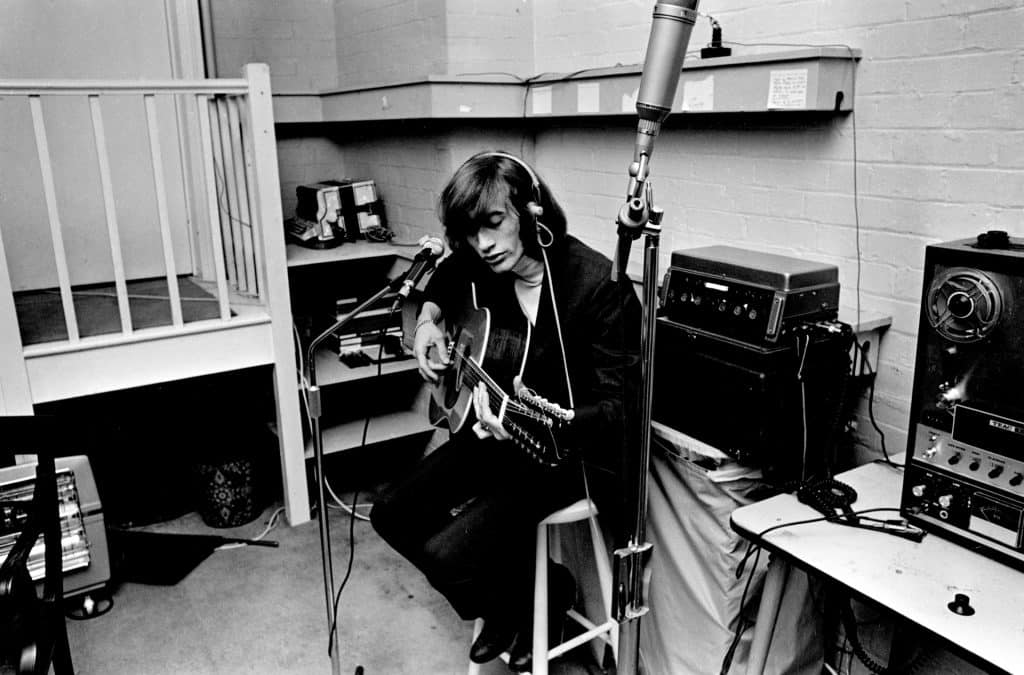Read also:
How to Watch FX Live Without CableHow To Watch AMC Without CableHow to Watch ABC Without CableHow to Watch Paramount Network Without CableNo other music genre has quite the stink attached to it that disco does. Oh sure, people claim that they like disco, but for the most part, there’s a qualifier to it, a need to explain that it’s not good music, it’s just fun. There’s a strange reluctance to admit that disco was the blueprint for electronic music, club music, and hip hop. We intrinsically tie it in with satin hot pants and cocaine binges, a reminder of our tacky past. Among the collateral damage of this is the career of the Bee Gees, for a brief, glorious time the biggest pop group in the world, but so closely associated with disco that when public opinion of it soured, the public turned on them as well. Frank Marshall directs The Bee Gees: How Can You Mend a Broken Heart?, a surprisingly touching look at a wildly talented group whose primary fault might have been that they were too earnest.
Marshall made it with the full participation of sole surviving Gibbs brother Barry, so don’t expect a story of sex ‘n’ drugs ‘n’ rock ‘n roll excess (their Wikipedia pages offer more dirt). Instead, it puts to rest the misconception that the Bee Gees were only known for music, focusing much of the first half of the documentary on their rise to fame in the mid-60s, singing Beatles-esque pop harmonies, then later moving on to folk music, then evolving with the times into disco. If anything, despite the lack of respect they earned, the Bee Gees were far more musically diverse than many of their peers. We just can’t seem to separate them from the Jesus hair and satin bomber jackets, and so there shall they remain.
The bulk of the second half of the documentary is on the making of the soundtrack to Saturday Night Fever, the second biggest-selling soundtrack of all time (it’s just behind the soundtrack for The Bodyguard, which also featured music that eventually suffered from its ubiquitousness). There are a couple of truly fascinating deep dives into how they recorded some of their biggest tracks, including “Stayin’ Alive,” in which they improvised the iconic percussion with parts from another song when the Bee Gees’ drummer had to leave due to an emergency. Though disco projected an image of carefree gloss, the Bee Gees, their backing band, and producers were consummate professionals, working together to create something that surpassed the recording industry’s wildest expectations.

Disco reaching mainstream America also marked its swift decline, however, and within less than two years of Saturday Night Fever’s release, it had become a marketing joke, with novelty songs, sitcoms, and even Ethel Merman cashing in on the trend. A virulent anti-disco campaign, undoubtedly rooted in homophobia and racism, developed, which resulted in a literal riot during a baseball game. The Bee Gees, straight but not afraid to wear flashy disco clothes, and, of course, singing in those signature falsetto voices, were denigrated along with Black disco and R&B acts. They were never really able to escape that shadow, even after going on to write dozens of hit songs, including “Islands in the Stream.”
Interviewee Chris Martin of Coldplay claims that musicians of today are better prepared to handle the ebb and flow of fan appreciation. But it’s clear from archival footage that the Bee Gees were deeply hurt (and understandably confused) that giving the people what they want led to the people turning against them. We too often take thoughtless glee in tearing down with equal gusto what we built up, and How Can You Mend a Broken Heart? puts a human face on that.
Again, because the primary source of information seems to be archival reels and Barry Gibb himself, don’t expect a lot of shocking revelations. There are a few references of discord between the brothers, particularly Barry and Robin, but Marshall glosses over these, as with youngest brother Andy’s tragic death at just 30 after years of heroin abuse. Even Maurice Gibb’s ex-wife, British pop star Lulu, has nothing but nice things to say about him. How Can You Mend a Broken Heart? isn’t a warts-and-all documentary, but it’s not exactly a puff piece either. Rather, it’s a tender look at a hardworking family who was way more talented than any of us ever gave them credit for.
The Bee Gees: How Can You Mend a Broken Heart? gets a message to you on HBO on December 12th.